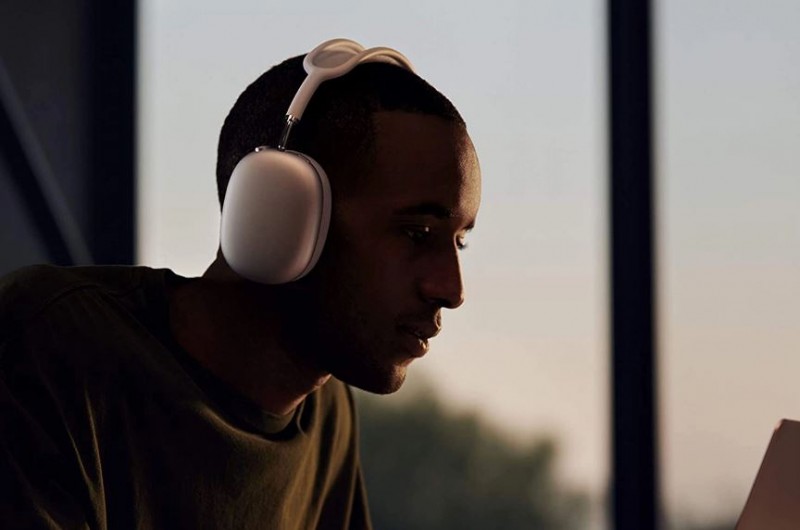
In today's digital age, headphones and earphones have become ubiquitous accessories for mobile phone users and music enthusiasts alike. Many individuals are often seen wearing them throughout the day, whether it's for listening to music, making phone calls, blocking out distractions while working, or simply as a fashion statement. However, excessive and prolonged use of headphones and earphones can potentially harm one's hearing. This article explores the risks associated with extended headphone and earphone usage and provides guidelines based on age for safe listening habits.
The Prevalence of Headphone and Earphone Use
According to a survey, headphones and earphones serve various purposes in the lives of users:
Listening to Music: Approximately 47% of people use headphones or earphones primarily for enjoying music.
Making Phone Calls: 42% of respondents use them for phone conversations.
Noise Cancellation during Work: About 20% of users wear headphones or earphones to block out distractions and maintain focus while working.
Fashion Accessories: Another 20% view headphones and earphones as fashion accessories.
These statistics highlight the widespread adoption of these devices in our daily lives.
Recommended Usage Time Based on Age
To prevent potential harm to your hearing, it is essential to adhere to recommended usage limits based on your age. Listening to audio at high volumes through headphones or earphones for extended periods can lead to hearing damage. Researchers suggest the following guidelines:
Ages 19 to 29: Individuals in this age group should limit their headphone or earphone usage to a maximum of 7.8 hours per week, 33.9 hours per month, and 405.6 hours per year.
Ages 30 to 49: People aged 30 to 49 should restrict their headphone or earphone usage to no more than 5.5 hours per week, 23.9 hours per month, and 286 hours per year.
Ages 50 to 79: Those between the ages of 50 and 79 should aim for a maximum of 5.2 hours per week, 22.6 hours per month, and 270.4 hours per year.
These guidelines take into account the increased sensitivity of hearing as we age and the need to protect our ears from excessive noise exposure.
Understanding Safe Volume Levels
The volume at which you listen to audio through headphones or earphones is crucial to preserving your hearing health. While these devices are typically designed to reach a maximum volume of approximately 105 to 110 decibels (dB), it is important to be aware of safe volume levels:
85 dB and Below: Sounds at or below 85 dB are generally considered safe for your ears, even during extended listening periods.
Above 85 dB: Listening to sounds above 85 dB for more than 2 hours can potentially damage your hearing. Prolonged exposure to sounds at 105-110 dB can cause harm in as little as 5 minutes.
It's important to remember that not only the volume but also the duration of exposure matters. Even at lower volumes, spending an extended time with headphones on can lead to hearing damage.
How Hearing Works
To understand the potential harm caused by excessive noise exposure, it's essential to grasp how our ears function. The human ear contains thousands of tiny hair cells, some of which are as small as fine hairs. These cells play a critical role in transmitting sound from the ear to the brain. Excessive noise, particularly at high volumes, can damage these hair cells, disrupting the auditory transmission process.
Headphones and earphones have become integral parts of our lives, serving various purposes from entertainment to productivity. However, their prolonged and excessive use can have detrimental effects on our hearing. It is crucial to follow recommended usage guidelines based on age and be mindful of the volume levels when using these devices. By doing so, we can enjoy the benefits of headphones and earphones while safeguarding our hearing health for the future.
How to Navigate Menopause: Tips for Managing Symptoms and Maintaining Health
How to Naturally Balance Hormones: Diet, Lifestyle Tips for Hormonal Health